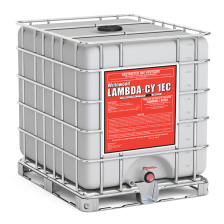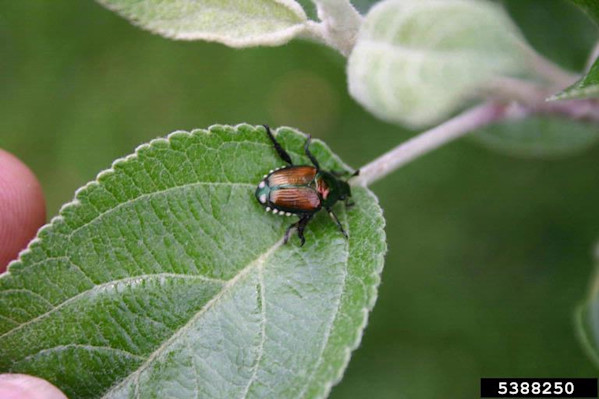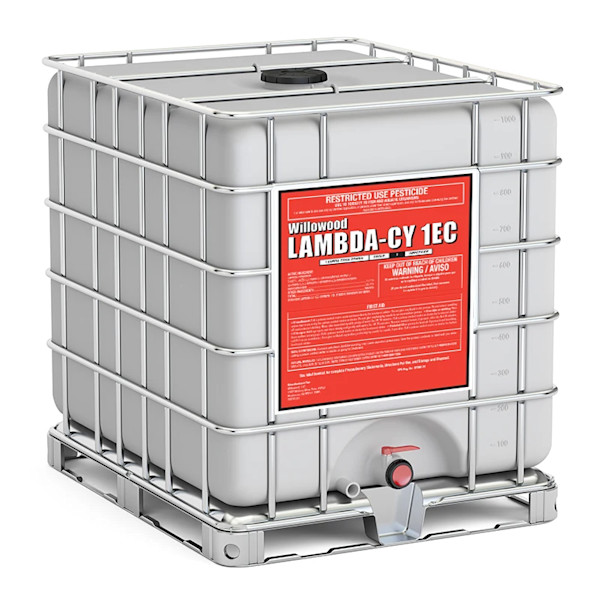How Do Japanese Beetles Affect Soybeans?
Japanese Beetles are known for their voracious feeding habits and can cause severe defoliation in soybean plants. Japanese Beetles consume the tissue between the veins of soybean plant leaves, leaving only the leaf veins intact.
This type of feeding, known as skeletonization, results in a lace-like appearance of the leaves. Severe defoliation reduces the plant's ability to produce energy through photosynthesis and hinders overall plant development, leading to stunted growth and lower yields for soybean harvests.
Japanese Beetles also tend to feed on the flowers of soybean plants, resulting in poor pollination and decreasing the number of pods formed.




